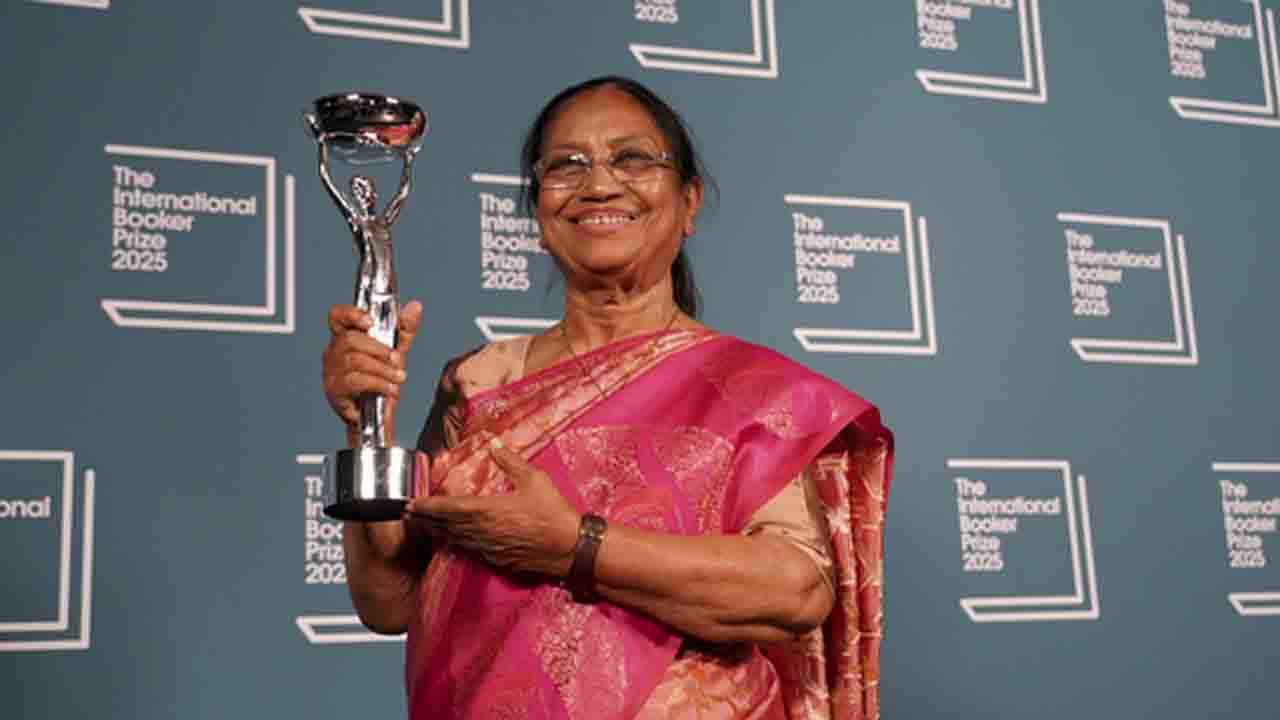
Historic Win for Kannada Literature: Heart Lamp Claims Global
Pitchwars – Historic Win for Kannada literature has made international headlines as Indian author and activist Banu Mushtaq becomes the first writer of a Kannada-language book and the first short story collection author to win the International Booker Prize. Her book, Heart Lamp, translated into English by Deepa Bhasthi, is a powerful collection that delves into themes of gender, caste, and power in southern India’s patriarchal society.
This remarkable achievement not only marks a turning point for Kannada literature but also highlights the transformative power of regional storytelling on the global literary map.
Regional Roots, Global Recognition
Historic Win for Kannada storytelling reminds the world that great literature is not confined to dominant languages or mainstream narratives. Heart Lamp brings marginalized voices to the forefront women trapped within rigid social hierarchies, communities silenced by caste, and the complex inner lives of those rarely seen in fiction.
“Fighting Gun Violence: How Waterbury’s Youth-Led Program”
Banu Mushtaq’s literary voice is both tender and unflinching, using short fiction as a means to challenge long-standing societal norms. Her win proves that the local can be profoundly universal when it is authentic, courageous, and skillfully told.
The Power of Translation
This Historic Win for Kannada would not have been possible without the exceptional work of Deepa Bhasthi. Whose translation preserved the cultural depth and emotional resonance of the original text. Her role underscores the importance of translation as a bridge not just between languages. But between communities, values, and lived experiences.
In an increasingly interconnected world, literary translation allows voices from overlooked regions to reach global audiences. Fostering empathy and broadening understanding.
A Win Beyond the Prize
Heart Lamp’s recognition signals a shift in global literature toward greater inclusion of regional and minority languages. It also marks a bold embrace of short story collections, a format often undervalued in major prizes.
The Historic Win for Kannada is more than a celebration it’s a literary breakthrough. One that paves the way for countless other stories waiting to be heard.